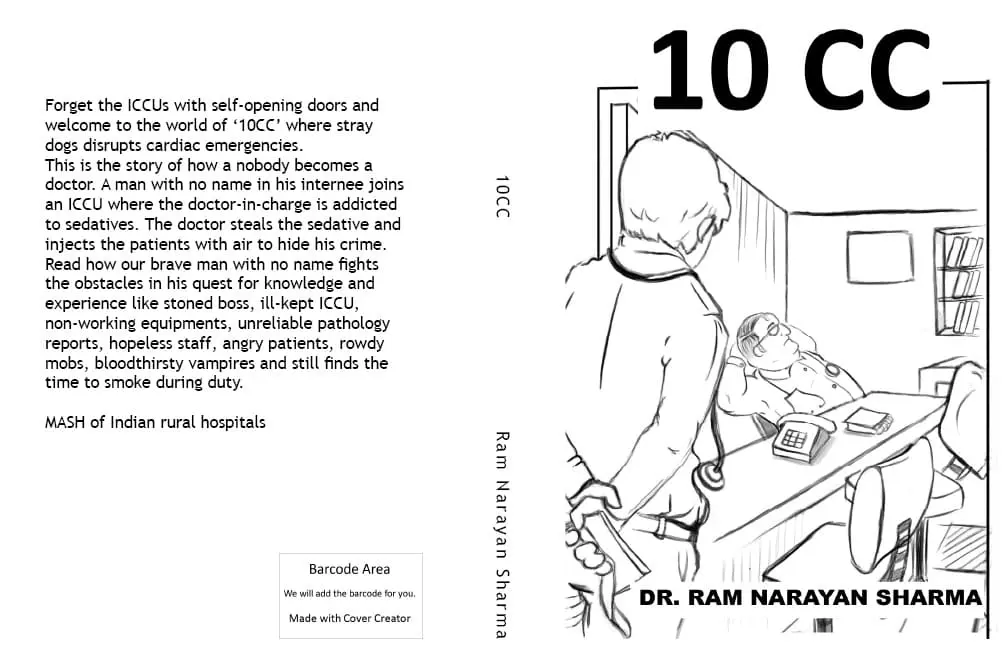All he could hear was the roaring of the crowds below him and his father’s warnings on how to control the instrument. Though his vision was fine he was blinded by the beauty of the clouds and mesmerized by the feeling of the wind of another atmosphere that no one had experienced before him. All of this was never planned but soon had to be because of his father Dedalus’s gift and the thought of losing his son. Even after jumping off the cliff with a perfect diver’s arc, his father kept on shouting and warning him not to fly too high or too low. All Icarus could think about his father was that He was confident about his new instrument, but not about his son. Funny!
Icarus did pay heed to his father’s warning until he felt his coral pendent flutter, which made him open his eyes to the reminiscence of its past owner. Chryses, he thought, how she would have looked right now, how her hair would look with the Hyacinth set on it, how this pendant would look on her petite frame, and how beautiful her golden eyes would look. Her golden eyes, he yearned to see them again like any other day, and like any other day, he looked at the sun. The only difference he could see was that it was bigger than usual. As he went on flying, he closed his eyes for a moment just to see her and only her in his memories. He had first seen her by the Hyacinth Garden picking the flowers and was as if struck by lightning. Her existence itself had left the young Icarus with such an impact that although they never exchanged words of greetings, he knew her likes and dislikes, her foes and friends, and her thoughts and wishes. Although he was never acknowledged by her he was happy with his unrequited love, but not for long. The very essence of a creature like her made the boy resolute in marrying her no matter what.
But who knew that fate had other plans, who knew that on the very day of her eighteenth birthday in the town square asked to marry her and before she could respond engulfed her in his embrace, that she would be called shameful, that she would leave him forever. It rained as if Nature were mourning the miserable fate of Icarus. As the raindrops falling on his face caressed him with pity, he saw his beautiful Chryses getting dragged out of the sea, her eyes still golden yet dull. With the unbearable suffering of grief and loss, he went on a hunt like a mad lover to look for those eyes. Those eyes that did not lack life and warmth in them, those eyes which would regain his sanity and his sunken heart back from the depths of the abyss. He did not care for the screams or the beggings but only for the love, he had lost. Soon declared murderer no less than a monster for blinding many a few women he was sentenced to death. But his search was still not over and thus he planned to fly out of the city to the other places in search of the golden orbs to befit his dead bride.
As Icarus opened his eyes to reality he realized, he was close to the only object that reminded him of Chryses and he could not stop himself from nearing it. His father’s shouting, the gushing of the wind, and the crashes of the sea, all went dull along with his senses as he went on flying close to the sun while unsheathing his dagger with a longing heart. Now even closer how beautiful it looked to him and how much more enchanting it would look on his Chryses. The thought went on and on until the wax melted. The next thing he saw was the vision of the glowing sun growing smaller, barely visible now under the veil of tears, tears of separation from his beloved woman who was hiding behind the feeling of failure. It all ended in a few seconds with a splash and the surfacing of the panting breaths of the boy who knew that although he was far away from the sun, Icarus knew that he could no
longer live and welcomed life’s friend with open arms. With open arms, a smile on his lips, tears of relief that were not visible and only one thought in his mind, Chryses. After that centuries passed and the tale about ‘The fall of Icarus’ was changed throughout history as passed down from mouth to mouth. He was the boy who flew too close to the sun but alas! Not for his arrogance or his foolishness but for his longing. His longing for love.















